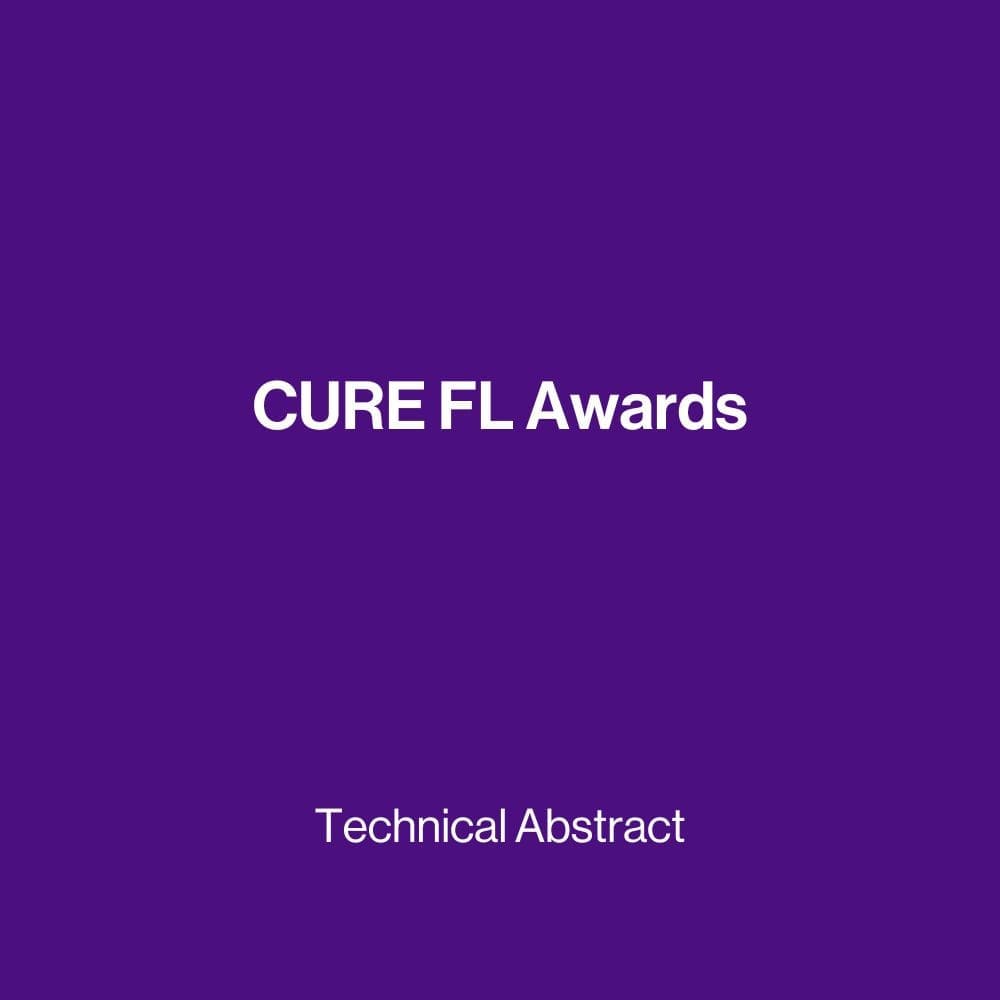
Technical abstract:
CAR T cell therapies have proven extremely powerful against B cell malignancies. However, there is no specialized CAR T to eliminate FL. We discovered that the interaction between the HVEM (TNFSRF14) and BTLA receptors is a unique vulnerability in FL. We are now developing CAR T cells that are specifically designed to exploit this FL vulnerability.
Briefly, the HVEM (TNFSRF14) surface protein binds to the BTLA receptor (B- and T-Lymphocyte Attenuator). This interaction activates BTLA which in turn blocks downstream signals including BTK, PI3K, MAPK in B and T lymphocytes. Almost all Follicular Lymphomas (FL) disrupt the cross talk between the HVEM and BTLA surface receptors and there are two mutually exclusive patterns: 40% mutate and/or delete HVEM, and another 40-50% silence the expression of BTLA. In total, 90% of FLs disable the interaction between HVEM and BTLA indicating a critical role for this failsafe mechanism in FL. The dualism of losing either HVEM or BTLA is important to consider. For example, when HVEM is lost we can focus on delivering HVEM mimics as BTLA agonists. On the other hand, when BTLA is lost and HVEM remains, we need to consider HVEM’s ability to block T cell and CAR T cell action via their BTLA receptors.
Therefore, we are developing specialized CAR T cells that are (1) immune to inhibition by HVEM, and (2) that produce BTLA ligands and deliver them to the FL site. The goal is an optimized CAR T therapy for both HVEM-/BTLA+ and HVEM+/BTLA- FLs. We work with MSK’s Cell Therapy Group and Gilles Salles, Chief of the MSK lymphoma service, to advance an FL-optimized CAR T cells to the clinical stage at MSKCC.
Name of applicants and institution
PI: Hans-Guido Wendel, M.D., Member/Professor, SKI, MSKCC.
Co-PI: Gilles Salles, M.D., Ph.D., Chief Lymphoma Service, MSKCC.
Postdoctoral fellows: Zhenyu Luo, Ph.D., and Javier Francisco de la Rosa, Ph.D.
Sloan Kettering Institute for Cancer Research and Memorial Hospital